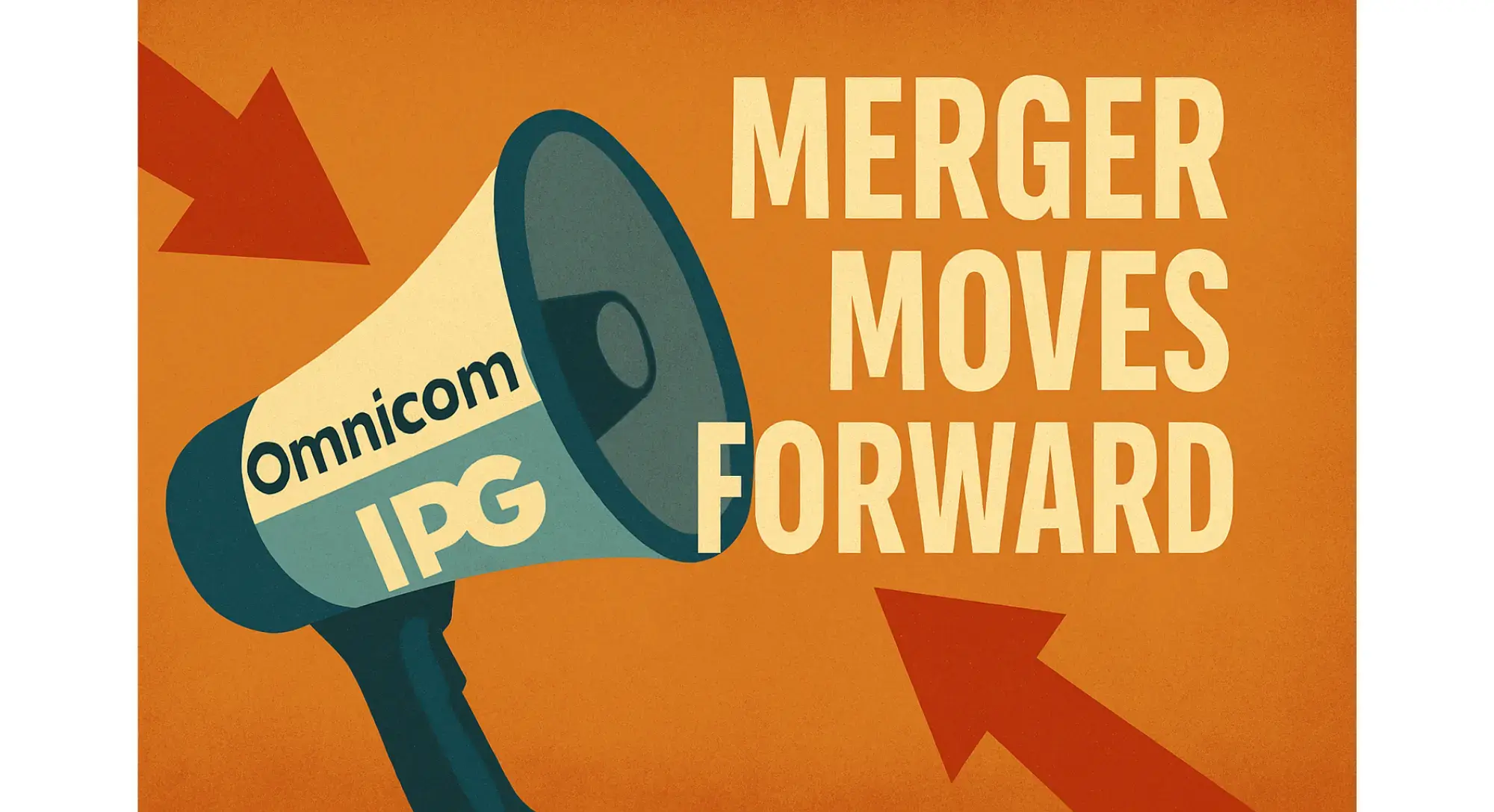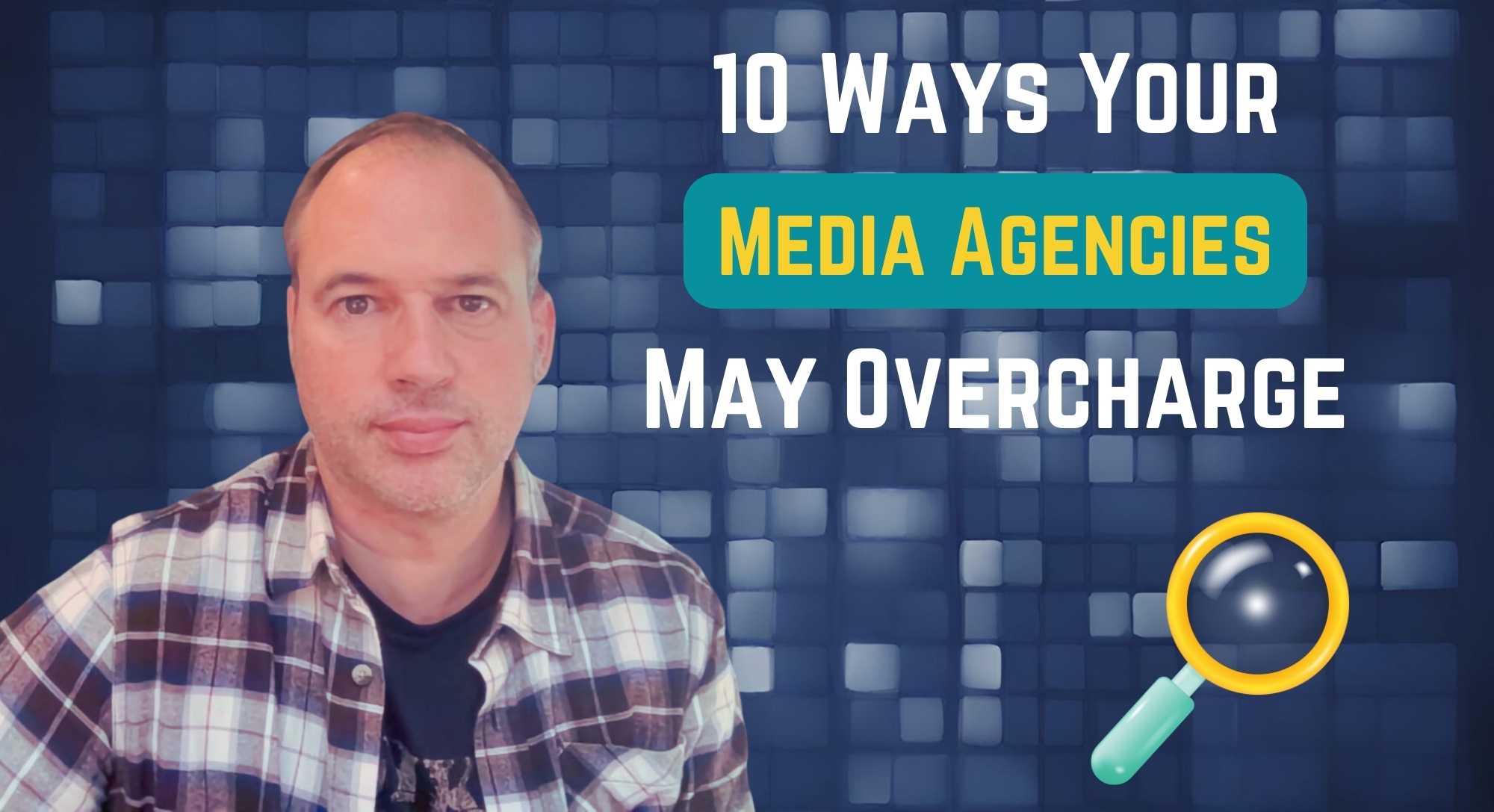Have you ever wondered if your media agency prioritises your brand's success or their own financial gain?
This question becomes crucial when considering Agency Volume Bonuses (AVBs).
While AVBs present potential financial benefits, they also raise ethical concerns that advertisers shouldn't ignore.
This article will uncover the secretive world of AVBs, how they work, the risks for advertisers, and provide advertisers the knowledge and tools to recapture this lost value.
What are AVBs?
The concept of Agency Volume Bonuses (AVBs), also known in some contexts as cash rebates or kickbacks, has been a prevalent practice in the advertising industry, particularly in media buying.
These are benefits or bonuses provided by media vendors to advertising agencies or media buying groups based on the volume of advertising that the agency purchases on behalf of its clients.
The practice incentivises agencies to concentrate their media buys with specific providers to receive better pricing or bonuses, which can then be passed on to savvy clients or retained in part (or in full) by media agencies.
For years, AVBs were kept secret, acting as hidden revenue streams for media agencies. Media owners provided rebates to agencies based on spending levels - the more an agency spent, the higher their kickback. Agencies neglected to disclose these payments to advertisers, keeping the AVBs entirely for themselves.
According to research by the Association of National Advertisers (ANA), this practice was pervasive - in 2016 over 90% of surveyed advertisers were completely unaware of AVBs. For agencies, the incentives were clear - AVBs represented hundreds of millions in additional revenue. However, left undisclosed, it posed a serious conflict of interest.
How AVBs Work?
AVBs represent a core component of the media agency business model. Media owners such as TV networks, radio stations, publishers, and ad tech platforms provide rebates and incentives to agencies based on the amount spent across their properties.
The rebates come in various forms - cash payments, free ad inventory, discounts, and more. The rates and payment structures can be highly complex and are usually outlined in separate contracts between the agency and media owner.
The rebates increase incrementally as an agency allocates more advertiser spend towards a particular media owner. For example, a TV network may offer a 2% rebate on spend up to $1 million, a 4% rebate on spend between $1-$5 million, and a 6% rebate on spend above $5 million.
The more an agency consolidates spend with a media owner, the higher the rebate they receive. This creates an inherent incentive for agencies to focus budget on partners that provide the most attractive AVB packages.
Media owners use AVBs as a competitive tool to incentivize agencies to direct investment to their properties. From an agency perspective, AVBs have become a major component of overall revenue and profitability.
However, lack of disclosure around these incentives and payments has created distrust on the part of advertisers, who often fail to receive their share of the value. Greater transparency into the mechanics of AVBs is key to improving advertiser-agency alignment.
The Risks of Undisclosed AVBS for Advertisers
The appeal of AVBs for media agencies cannot be denied. They provide a financial boost, contributing to the agency's overall revenue, and in some cases, these bonuses become a significant source of income.
However, the lack of transparency surrounding AVBs can pose significant risks for advertisers, potentially jeopardising their marketing budgets and campaign effectiveness. Here's a closer look at these risks:
1/ Compromised Decision-Making:
Undisclosed AVBs introduce the risk of conflicts of interest. When agencies prioritise maximising their AVBs without disclosing them to their clients, their media buying decisions may be swayed towards options that generate higher bonuses rather than those that align best with the advertiser's campaign goals.
This can lead to suboptimal placements, inefficient budget allocation, and wasted resources, diminishing ROI for advertisers.
2/ Financial Loss:
Perhaps the most significant risk associated with undisclosed AVBs is the potential for financial loss. In many cases, the value of AVBs can be substantial, reaching upwards of 20% of an advertiser's media spend. If these bonuses are not disclosed and shared with the advertiser, they miss out on a significant potential source of revenue that could be used to:
- Reduce media agency fees: In a transparent scenario, advertisers could potentially use their share of AVBs to offset a significant portion of their media agency fees, leading to substantial cost savings.
- Increase marketing investments: By reclaiming their fair share of AVBs, advertisers could reinvest these funds into other marketing initiatives, potentially enhancing the reach and effectiveness of their campaigns.
3/ Lack of Transparency and Trust:
The lack of transparency surrounding AVBs can seriously erode the trust between advertisers and their media agencies.
Advertisers expect their agency partners to act in their best interests and make media decisions based solely on campaign optimisation. When AVBs are undisclosed, it creates suspicion and undermines trust, as advertisers might perceive that their agency is putting its financial gain ahead of the client's success.
This lack of trust can damage the agency's reputation and strain crucial client relationships, making it more difficult to build long-term partnerships and secure future business.
How to Get Your Fair Share of AVBs?
While AVBs have the potential to compromise trust and create conflicts of interest, there's a way to harness their power while ensuring your brand benefits fully. Here's the strategy that shifts the dynamics in your favour:
1. Claiming Your Fair Share: AVBs are meant to reward volume – your advertising volume. By understanding how AVBs work and the typical benchmarks for your industry, you can negotiate a fair share of these bonuses. Don't let your agency retain all the benefits – demand that a significant portion gets passed back to you.
2. The Pitch Power Play: During the media agency selection process, don't just focus on capabilities or costs. Make securing competitive AVB commitments a central part of your negotiations. Prioritise agencies that are willing to offer substantial pass-backs and maximum transparency around these arrangements.
3. Contracts Matter: Don't leave AVBs to chance. Embed specific AVB commitments into your media agency contract. These terms should detail the percentage of media spend across different channels and markets that will trigger AVBs and the proportion being returned to you as the advertiser.
4. Link your AVB commitments to your PRF: Here's the game-changer: link your AVB rebates to a Performance Related Fee (PRF) scheme. This scheme should incorporate both bonus and malus (penalty) mechanisms.
5. Validate your AVB delivery by end of Q2 Latest: AVBs are negotiated on a calendar basis, and therefore, you should get your contractual share or amount before the end of Q2 (ie end of June) of the following year. Don't wait for the deadline, and be proactive in chasing the payment to you as a credit note.
Why This Works:
- Shared Goals: By connecting AVBs and a PRF, you align your agency's incentives with your own. There's no longer a financial motive for them to promote underperforming media just to secure higher AVBs, as most of the AVBs will be returned back to you.
- Maximising ROI: Since the agency's financial success is linked to your campaign performance, they are highly motivated to select the optimal media mix for your objectives, regardless of potential AVB bonuses. Your advertising dollars go further, resulting in better results and a higher return on investment.
- Trust and Transparency: This approach fosters an open and honest relationship with your media agency. With both bonuses and penalties in place, you have complete visibility into how your media investments are working, ensuring accountability and building a foundation of trust.
This approach enables you to fully harness the potential of AVBs while minimising ethical concerns and prioritising your campaign goals. It's a win-win scenario where both you and your agency reap the rewards of successful advertising outcomes.
Practical Steps for Advertisers
There are concrete actions advertisers can take to address AVBs and drive greater transparency:
- Educate Yourself: Familiarise yourself with AVBs and their potential impact on media buying decisions. Abintus Academy's free "Media Transparency" course is a valuable starting point.
- Ensure Contract Clarity: Ensure your media agency contract explicitly outlines AVB terms and conditions. If you are not sure, we provide a free assessment of your media agency contract. Register here to get expert feedback on optimising your contract terms.
- Regular Benchmarking: Consistently benchmark your AVB rates against industry benchmarks to ensure you are getting competitive rates. Contact us if interested in a comprehensive analysis comparing your current AVBs to market benchmarks.
Conclusion
It's important to remember that AVBs aren't insurmountable obstacles. By adopting a proactive approach, fostering transparency, and equipping yourself with knowledge, you can ensure your advertising budget is working for your brand, not solely for your agency's bottom line.
Don't navigate the complexities of AVBs alone. Schedule a complimentary consultation with our media transparency experts to assess your current agency contract and identify areas for improvement. Remember, informed decisions lead to successful advertising campaigns – so take charge and unlock the true potential of your marketing efforts.
--------------------------------------------------------------------------------
About the Author
 Philippe Dominois is co-founder and CEO of Abintus Consulting, and Head Coach at the Abintus Academy. He has over 25 years of international media experience, having worked on the media agency side, client side, and media auditing side throughout his career. Philippe has authored hundreds of articles over the years that focus on media management best practices.
Philippe Dominois is co-founder and CEO of Abintus Consulting, and Head Coach at the Abintus Academy. He has over 25 years of international media experience, having worked on the media agency side, client side, and media auditing side throughout his career. Philippe has authored hundreds of articles over the years that focus on media management best practices.
Media Auditing Services: Click Here
Media Agency Pitch Management Guide: Click Here
Free Media Agency Contract Assessment: Click Here
Free Media Management Training for Advertisers: Click Here



